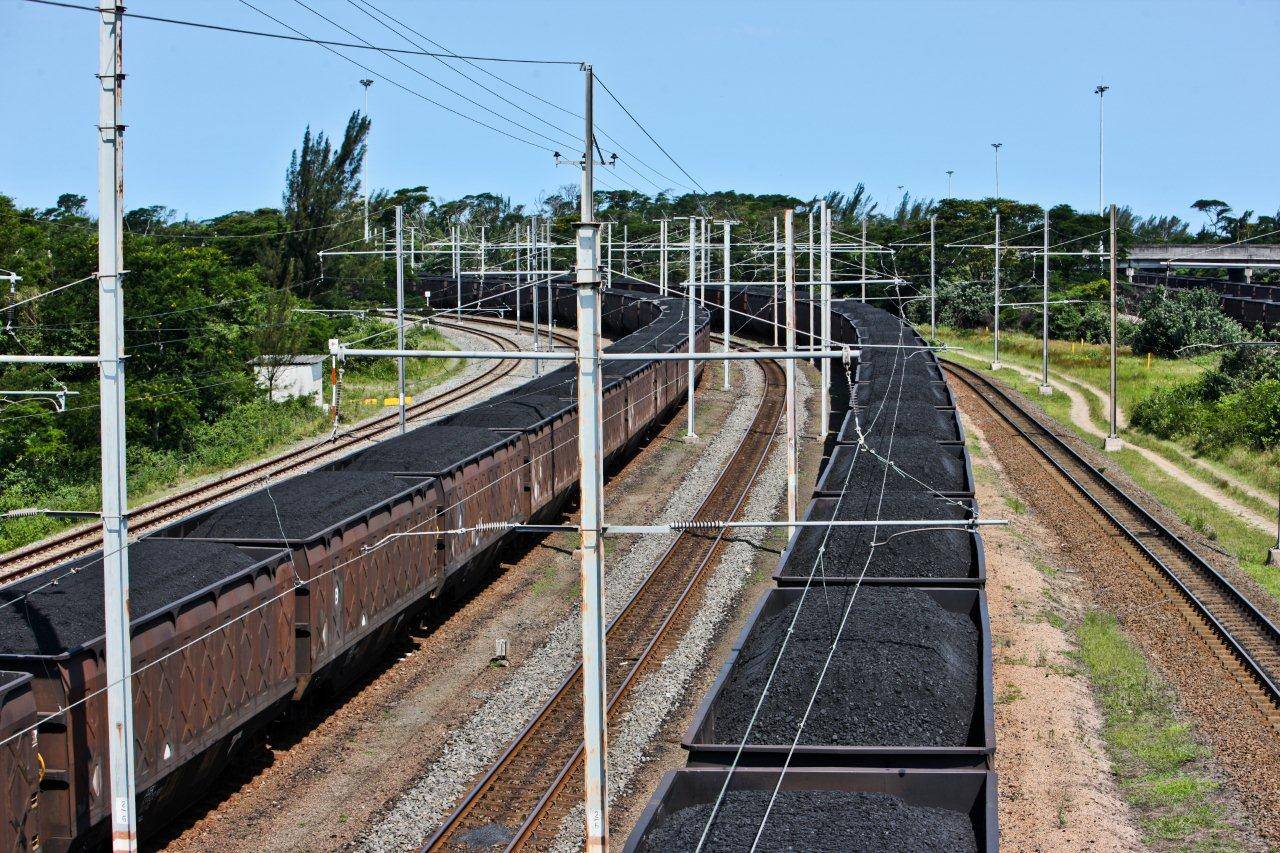
Nominal take-home pay grew for the third consecutive month in September to an average of R15 673 from R15 605 in August.
Nominal take-home pay is still showing solid growth and the data signals that 2023 could be a better year for salaries overall compared to 2022.
“According to the latest BankservAfrica Take-home Pay Index (BTPI) for September, conditions in the private sector improved somewhat, with the average take-home pay of R15 673 marginally up from the R15 605 recorded in August and 4.1% higher than the R15 056 recorded in September 2022,” says Shergeran Naidoo, BankservAfrica’s head of stakeholder engagements.
The average take-home pay for the third quarter was R15 610, 6.8% higher than the R14 623 registered in Q2.
“While the ability of companies to pay inflation-related salary increases was hampered in the past 18 months, especially due to a rising operating cost environment, industries generally became more resilient to the effects of load shedding. If sustained, the somewhat better conditions in the private sector could provide better employment and remuneration prospects in the coming months,” says Elize Kruger, an independent economist.
Nominal take-home pay refers to earnings that are not adjusted with subsequent changes in the inflation rate, while real income indicates earnings that an entity or an individual makes after considering inflation rates.
“After two months of growth, the average real take-home pay declined to R14 239, lower than the R14 278 in August, slowing by 0.8% compared to a year ago. The slight deceleration was caused by the sharp increase in September’s headline inflation to 5.4%, notably higher than the 4.8% in August. The increase was driven by a notable increase in fuel prices in September,” Kruger says.
She warns that despite the partial reversal of recent fuel price increases expected in early November, headline inflation is expected to stay in the 5.0% to 5.7% range for the next nine to 12 months, while consumer inflation is forecast to average around 6.0% in 2023 compared to the 13-year high of 6.9% in 2022. This should moderate to around 5.3% in 2024.
ALSO READ: South Africans’ take-home pay in 2022 down by almost 5%
Inflation still a risk despite steady take-home pay
“While the interest rate cycle has likely plateaued, the upside inflation risks posed by the renewed rand depreciation and higher fuel prices, among others, could see interest rates remain elevated for some months, with all other challenges persisting. With household finances already under severe pressure, this scenario remains negative for the spending ability and confidence levels of consumers,” Kruger says.
The BankservAfrica data adjusted for weekly payments suggests a moderate pickup in the job market in the third quarter. According to the BankservAfrica sample, which represents about 25% of the labour market, 75 000 more salaries were paid in the third quarter.
Kruger says this builds on some progress made in the second quarter, with StatsSA’s recent Quarterly Employment Survey indicating 39 000 jobs were created in the non-agricultural formal sector in the second quarter, while the Labour Force Survey also confirmed that 154 000 more people were employed in the formal, informal, agricultural and household sectors.
“While each new job opportunity should be celebrated, the stark reality is that South Africa’s population growth far exceeds its economic or job growths over the past number of years. As such, the unemployment rate remains stubbornly high. At 32.6% in the second quarter, the official unemployment rate is one of the highest in the world and the youth are most affected.”
The BankservAfrica Private Pensions Index (BPPI) slipped marginally in nominal and real terms during August and September but remains in positive territory on an annual basis.
“The average nominal private pension fell marginally to R10 758 in September compared to the previous month’s R10 780. However, it remains at a healthy 8.7% higher than one year ago,” Naidoo says Naidoo.
In real terms the average private pension came to R9 727, which is 3.2% higher compared to a year ago, signalling that the purchasing power of pensioners in the BankservAfrica database have been preserved amid the high inflation environment.






Recent Comments